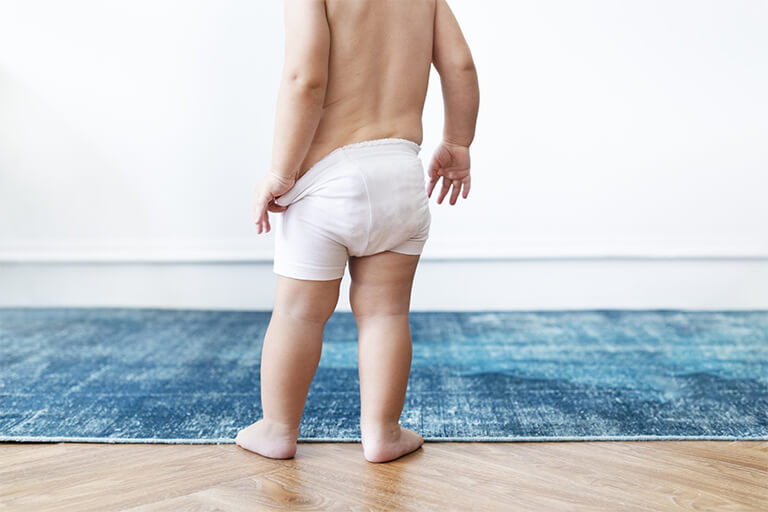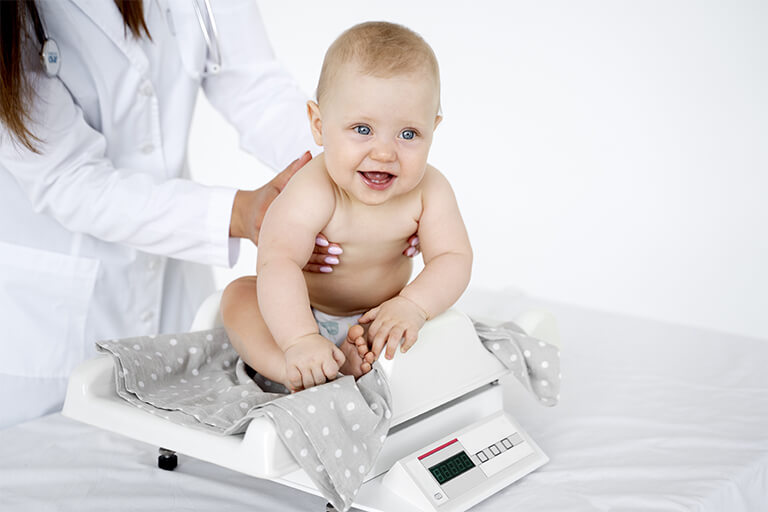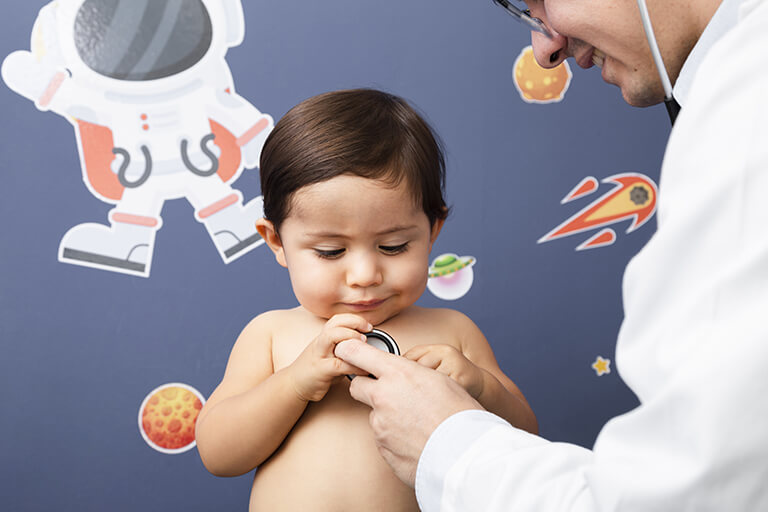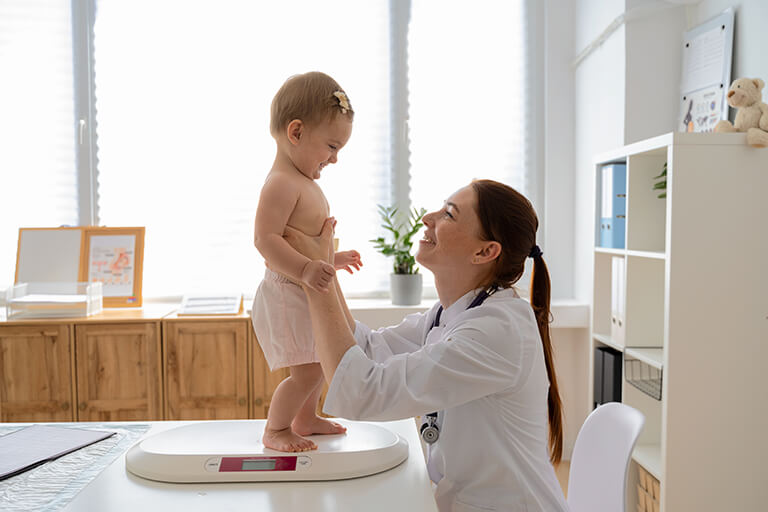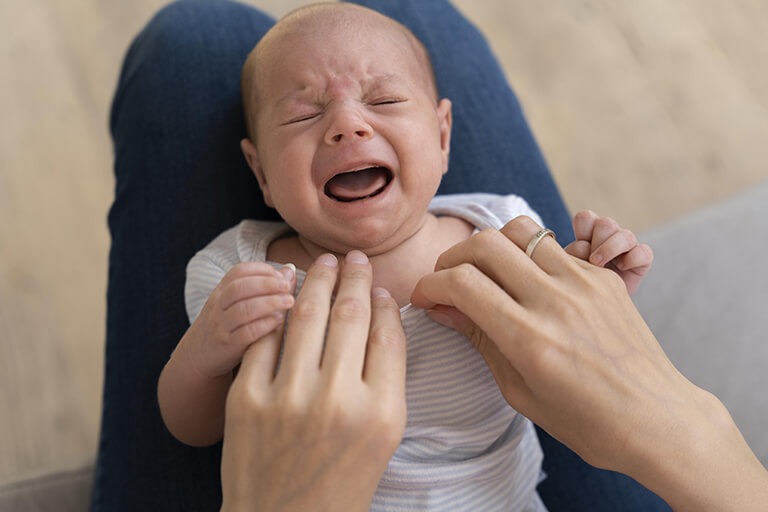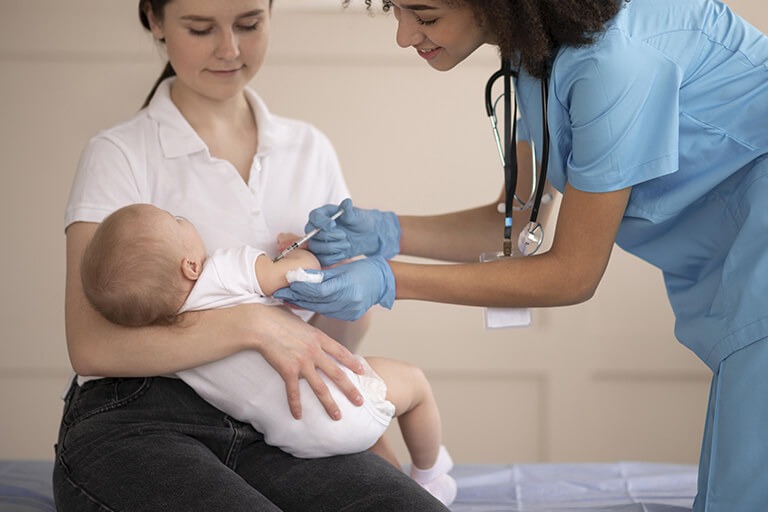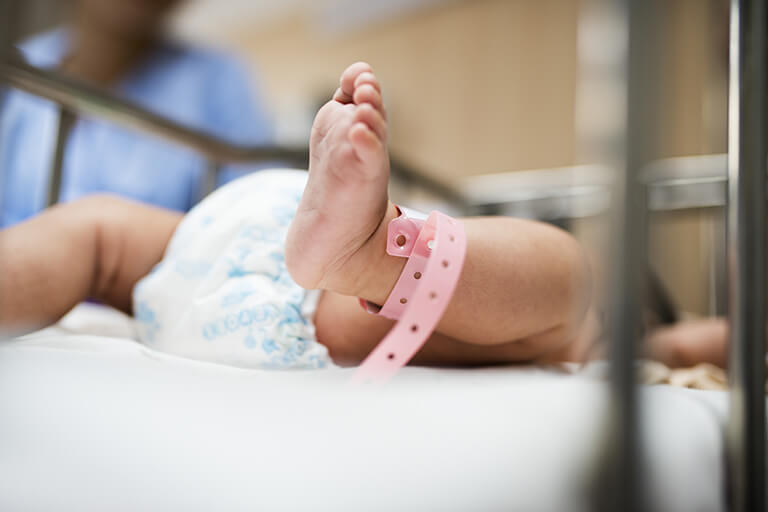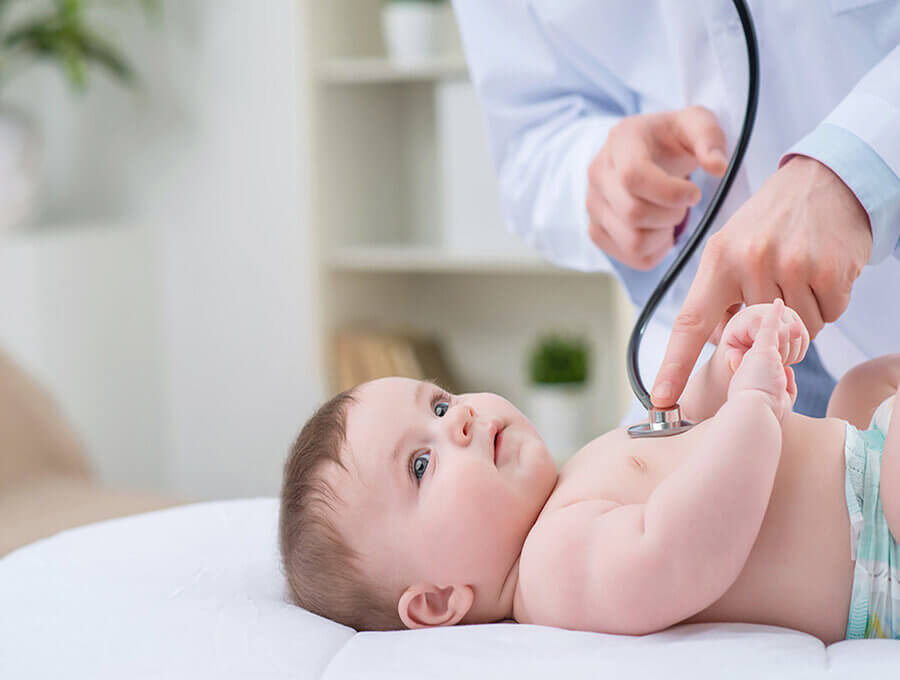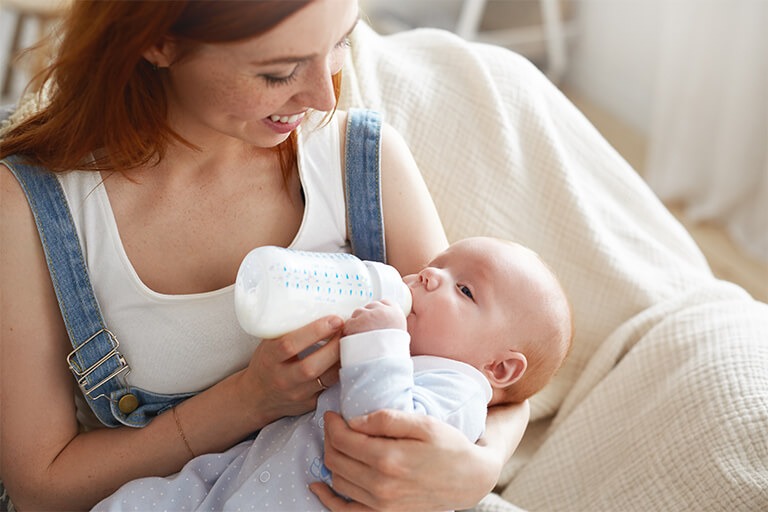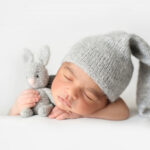Introduction Potty training is an important milestone in your child’s development. While it can be a challenging and sometimes messy process, with patience, consistency, and the right approach, you can help your child master this essential skill. In this comprehensive guide, we will walk you through the steps and strategies for successful potty training, empowering you to navigate this journey with confidence. Determine Readiness Signs The first step in potty training is recognizing when your child is ready. Look for signs such as showing interest in the bathroom, staying dry for longer periods, being able to follow simple instructions, and expressing discomfort with a soiled diaper. Every child is different, so it’s important to be attentive to their cues. Introduce the Concept Start by acquainting your child with the notion of toilet usage. Read books about potty training, let them observe you or a sibling using the bathroom, and talk positively about using the toilet. This helps create familiarity and build excitement. Create a Potty Training Routine Establish a consistent routine for potty training. Take your child to the potty at regular intervals, such as upon waking up, before and after meals, and before bedtime. Encourage them to sit on the potty for a few minutes, even if they don’t do anything. Celebrate their efforts and offer praise for sitting on the potty. Use Rewards and Positive Reinforcement Motivate your child by using rewards and positive reinforcement. Consider a sticker chart where they can earn stickers for every successful attempt. Offer small rewards like a favorite snack or extra playtime for meeting milestones. Positive reinforcement helps create a positive association with using the potty. Dressing and Accidents Dress your child in clothing that is easy to remove, such as pants with an elastic waistband. Avoid overalls, onesies, or complicated clothing that can hinder their ability to undress quickly. Accidents are inevitable during potty training. Stay calm and reassure your child that it’s okay. Teach them how to clean up by showing them how to wipe, flush, and wash their hands. Transition to Underwear Once your child consistently uses the potty, it’s time to transition from diapers to underwear. Let them choose their underwear, making it an exciting event. Initially, use training pants or thicker underwear to handle accidents. Encourage your child to inform you when they need to use the bathroom. Nighttime Training Nighttime training usually takes longer and may require additional patience. Limit fluid intake before bedtime, ensure they use the bathroom before sleeping, and consider using waterproof mattress protectors. Over time, your child will develop better bladder control during sleep. Stay Consistent and Patient Consistency and patience are key throughout the potty training process. Expect setbacks and accidents, but remain calm and supportive. Avoid punishment or pressure, as it may create anxiety or resistance. Remember, every child learns at their own pace, and eventually, they will succeed. Conclusion Potty training is a significant milestone for your child, and with the right approach, it can be a positive and successful experience. By recognizing signs of readiness, creating a routine, using rewards and positive reinforcement, and staying consistent and patient, you can help your child master this essential skill. Remember to celebrate their progress and provide a supportive environment. With time, practice, and a little bit of mess, your child will confidently transition from diapers to using the potty, marking an important step toward independence. Dr. Olfa Koobar offers helpful tips, step-by-step guides, and expert advice on potty training. With access to their comprehensive resources, you can gain a deeper understanding of the potty training process and learn effective strategies to implement at home. Source: https://www.wonderbaby.org/articles/potty-training-and-daycare https://nymag.com/strategist/article/potty-training-tips-products.html
04 248 1000
drolfa.k@gmail.com
Sat - Thu: 9:00am - 7:00pm

